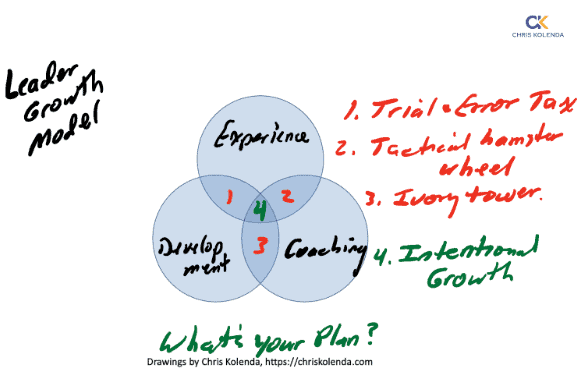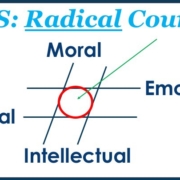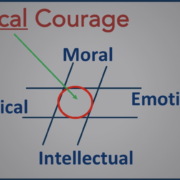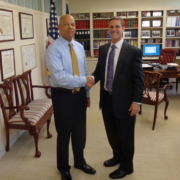How the best leaders avoid being Prigozhined
Frustrated by the Ukraine war, the Russian military’s incompetence, and reported efforts to dismantle his Wagner mercenary group, warlord Yevgeney Prigozhin took over the Rostov-on-Don military headquarters and sent columns of loyalists toward Moscow in what appeared to be a coup to overthrow Vladimir Putin or capture senior military officials. After a day of drama, Prigozhin stood down and accepted exile in Belarus, where he’ll need food tasters and to avoid tall buildings with open windows.
In business, many leaders fear being Prigozhined – having a subordinate stage a coup that takes your job and sends you packing.
To prevent being ousted, fearful leaders surround themselves with weaklings and sycophants, pit subordinates against each other to create rivalries (they can’t band against you if they are fighting each other), and eliminate anyone who might one day become a threat.
It’s the weak leader playbook. Kiss up and kick down, promote pathetic lickspittles, and transfer, fire, or throw anyone who makes a mistake or might outshine you under the bus. They hide this behavior well, so it’s hard for leaders to recognize a Putin subordinate.
There’s one tell-tale sign that helps you cut through the smokescreen. Strong, confident leaders develop their subordinates. Weak ones don’t.
Weak leaders fear strong subordinates and strong subordinates cannot stand weak leaders. Knowing this prompts weak leaders to surround themselves with weaker people and to keep them down by never developing them.
Strong, confident leaders, on the other hand, surround themselves with strong, confident people and develop them. They see their direct reports as part of their legacies and want them to grow and succeed.
Former GE boss Jack Welch gets a fair share of criticism, but one thing he did well was develop a cadre of subordinate leaders who soared to new heights in GE or elsewhere. The best NFL coaches do the same, and the talent they’ve developed uplifts the entire sport.
These strong, confident leaders provide their subordinates with three growth ingredients: development, coaching, and experience.

Development and coaching without experience create ivory tower solutions that don’t work in the real world.
Coaching and experience without development produce a hamster wheel effect, where you aren’t stretching people’s imaginations.
Development and experience without coaching lead to poor implementation and time wasted in trial and error.
Combining all three builds people’s capacity and shortens their paths to success; they gain confidence through challenging experiences that position them for increased responsibilities.
Do you have Putins living in fear of being Prigozhined? The quickest way to tell is by looking at their professional development programs. They won’t have them.
They’ll complain about lack of time, insufficient resources, too much on the plate, and “I’m training them on the job,” blah, blah, blah. Frankly, you are better off without them.
Your strongest subordinate leaders, on the other hand, will have robust professional growth programs. They are the ones to promote to more senior positions because they will help your company soar to new heights.
Do you need help with leadership, culture or strategy? Schedule a Call with Chris Kolenda here or view the list of programs offered by Strategic Leadership Academy here.










